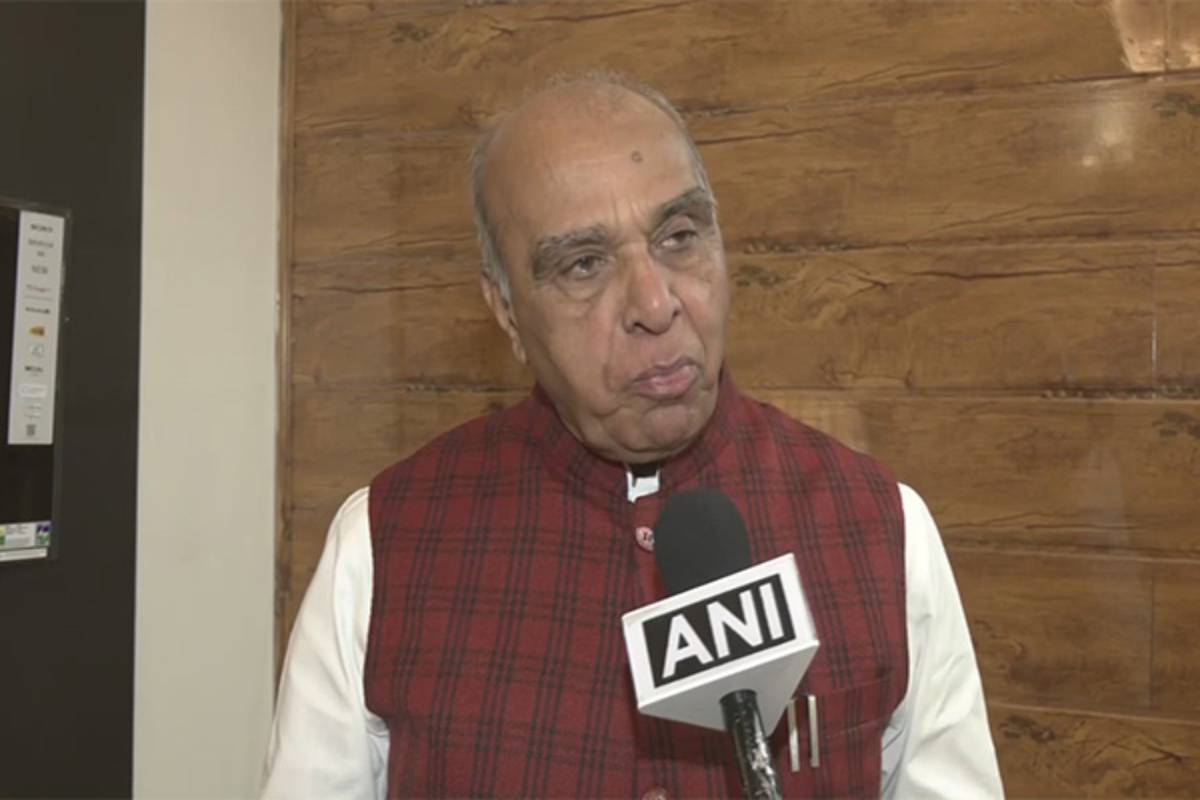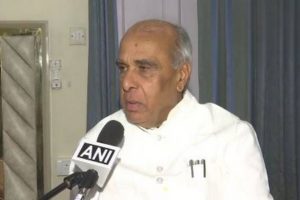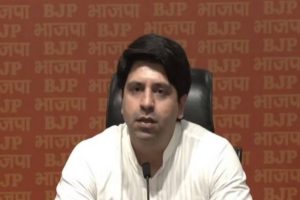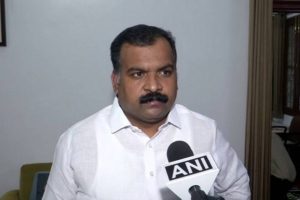BJP MP Jagdambika Pal, Chairman of the Joint Parliamentary Committee (JPC) on the Waqf (Amendment) Bill, 2024, has strongly opposed the All India Muslim Personal Law Board’s (AIMPLB) planned protest against the bill, accusing the organization of misleading people and attempting to create divisions.
Pal emphasized that the JPC had already considered AIMPLB’s concerns while drafting the report and questioned the rationale behind their protest.
Speaking to ANI, Pal stated, “The AIMPLB was called before the committee, and we considered their inputs in our report. So why are they now protesting at Jantar Mantar? This amendment aims to create a better law that will benefit the poor, women, widows, and children.”
He further accused AIMPLB of challenging Parliament’s authority and trying to incite public unrest. “They are deliberately confusing people and creating divisions. This is not a democratic approach,” Pal added.
The AIMPLB has scheduled a massive protest on March 17 at Jantar Mantar in Delhi, claiming the government’s intentions are divisive.
AIMPLB spokesperson Syed Qasim Rasool Ilyas alleged that the government is trying to incite communal unrest. “The BJP always spreads hatred, but we hope its allies will not support this bill,” he said.
He argued that Waqf properties are not given special protection, as claimed by the government, and warned that the bill would lead to the loss of unregistered religious properties like mosques, dargahs, and cemeteries.
AIMPLB General Secretary Fazlur Rahim Mujaddidi accused the government of ignoring their concerns despite multiple attempts at dialogue.
“This amendment is against the country. The government has misled innocent Hindu brothers as well. We don’t want conflicts, but they are pushing the nation toward division,” Mujaddidi said.
He reaffirmed that Muslims want development, but under such conditions, progress would not be possible. “We are firm on our protest. The government must change its approach,” he asserted.
The Waqf (Amendment) Bill, 2024, was introduced to address long-standing issues of mismanagement, corruption, and illegal encroachments in Waqf properties. Key reforms include:
– Digitization of Waqf properties
– Enhanced audits for transparency
– Stronger legal mechanisms to reclaim illegally occupied land
The JPC tabled its report on the bill in Parliament on February 13, amid opposition from certain groups. With tensions rising over the amendment’s potential impact, the upcoming protest is expected to intensify political and public discourse on the issue.





